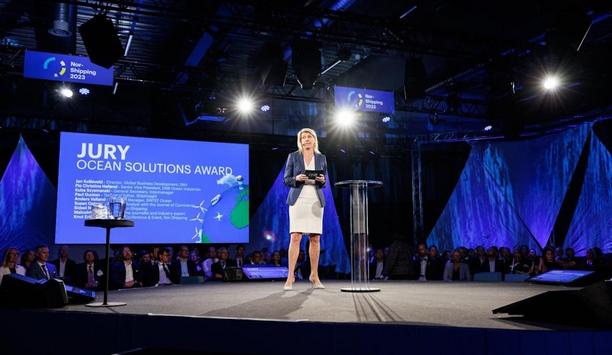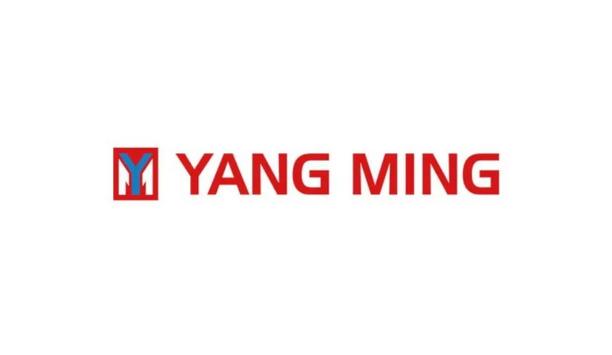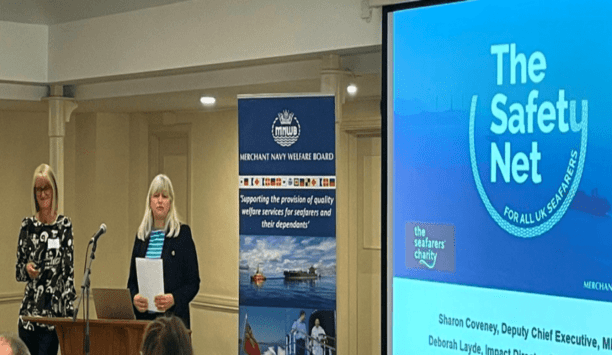Tokyo Classification Society ClassNK has issued an Approval in Principle (AiP) for liquefied CO2 (LCO2) carriers developed by Mitsubishi Shipbuilding Co., Ltd., a part of Mitsubishi Heavy Industries (MHI) Group and Nippon Yusen Kabushiki Kaisha (NYK Line).
Carbon dioxide capture, utilisation, and storage (CCUS) is attracting global attention as an effective mean for realising a carbon-neutral society.
Underground geological formation
It is a process that captures CO2 released from thermal power plants, factories, etc. and either uses it as resources or stores it in a stable underground geological formation. LCO2 carriers will play a vital role in the CCUS value chain by transporting LCO2 to storage sites and facilities for utilisation.
In order to support the construction of the value chain, ClassNK provides technical verification on the sea transportation of LCO2, which is expected to be used worldwide. ClassNK carried out the design review of the LCO2 carriers developed by Mitsubishi Shipbuilding and NYK Line based on its Part N of Rules for the Survey and Construction of Steel Ships incorporating the IGC Code.
Tank pressure settings
ClassNK will actively continue to take part in advanced initiatives toward decarbonisation
Upon confirming the conformity to the rules regarding the design for each cargo tank system and hull design etc., taking into account different tank pressure settings for medium and large scale vessels, ClassNK issued the AiP for both scales.
ClassNK will actively continue to take part in advanced initiatives toward decarbonisation and also support the decarbonisation of the entire maritime industry by incorporating the knowledge gained through collaboration with front runners into rules and guidelines.
At the initial stage of designing or before the specific target ship to be implemented is decided, the design is examined based on the existing regulations such as international treaties and ship classification rules, and an Approval in Principle (AiP) is issued as proof of conformity with requirements. It also prevents rework of regulatory aspects in the post-process, shortens the examination time at the time of class registration, and can be used as a technical basis for the external appeal of the design status.










